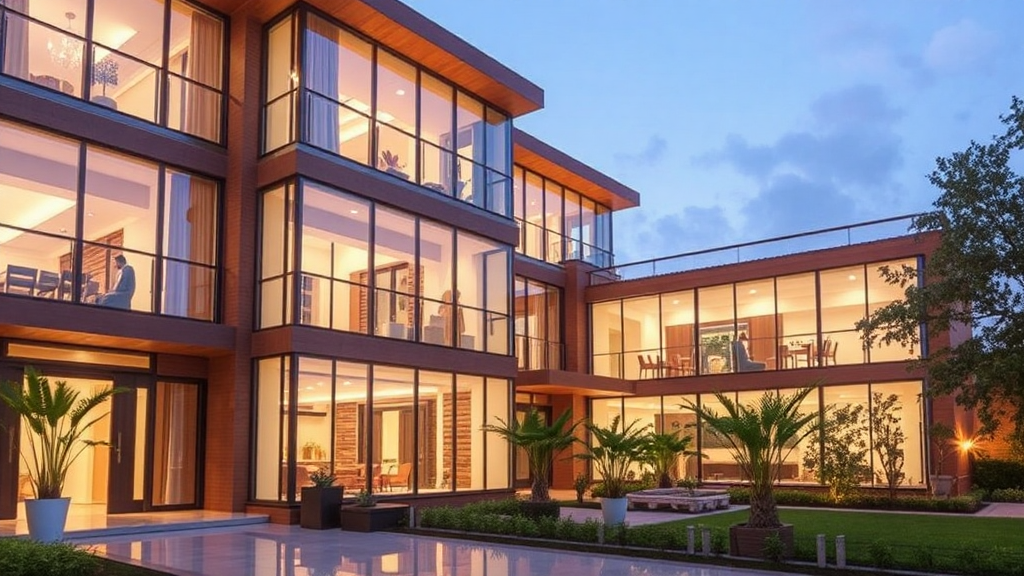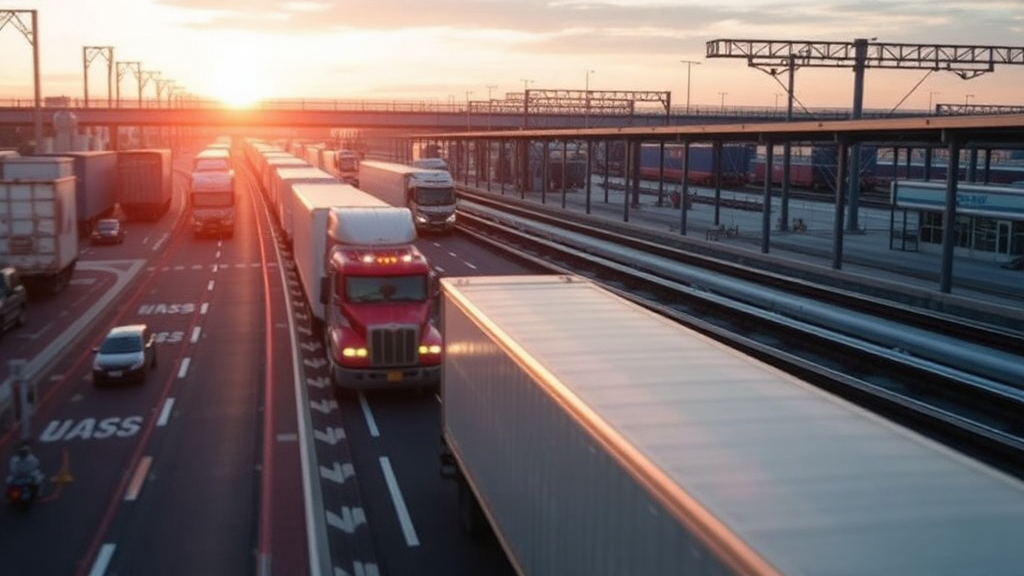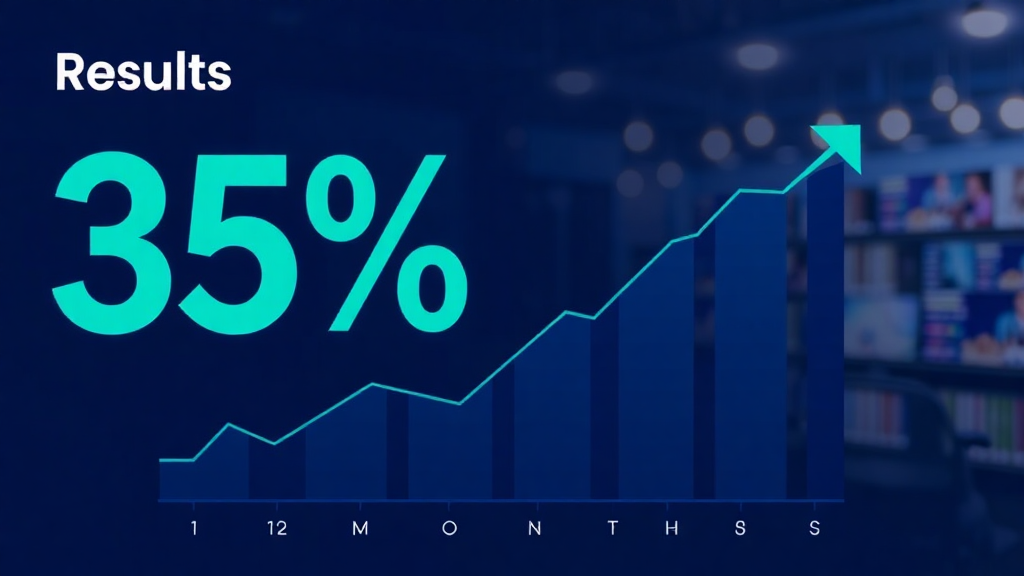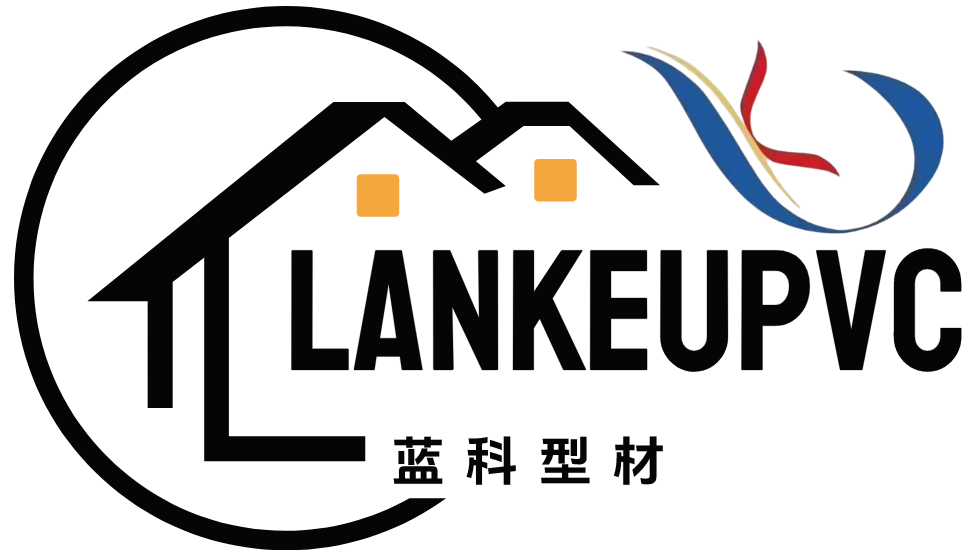Discover how an Indian distributor boosted profits by 35% using Chinese UPVC suppliers. Learn strategies for supplier negotiation, tax optimization, logistics efficiency, and scaling sales.

Introduction: The UPVC Boom in India’s Construction Sector
India’s construction industry is undergoing rapid growth, driven by urbanization and demand for energy-efficient building materials. UPVC (Unplasticized Polyvinyl Chloride) profiles, used in windows, doors, and roofing systems, have emerged as a critical component due to their durability, thermal insulation, and cost-effectiveness. However, rising material costs and competition have pressured distributors to find innovative solutions.
This case study explores how GreenBuild Solutions, a mid-sized distributor based in Hyderabad, partnered with Chinese UPVC suppliers to reduce costs, streamline operations, and increase profits by 35% within 18 months.
Background: Challenges Faced by GreenBuild Solutions

Market Context (2021–2022)
- Rising Domestic Prices: Indian UPVC manufacturers increased prices by 15–20% due to raw material shortages.
- Customer Demand: Builders demanded discounts for bulk orders, squeezing profit margins.
- Logistics Delays: Port congestion and documentation errors caused 3–4 week shipment delays.
By early 2022, GreenBuild’s profit margins had dropped to 8%, down from 12% in 2020.
Strategy 1: Sourcing UPVC Profiles from China
Why Chinese Suppliers?
- Cost Savings: Chinese UPVC profiles were priced 25–30% lower than Indian equivalents.
- Customization: Suppliers offered tailored profiles for India’s tropical climate (e.g., UV-resistant coatings).
- Scalability: Ability to fulfill large orders without lead time penalties.
Supplier Selection Process
- Shortlisting: Evaluated 12 suppliers on Alibaba and Global Sources.
- Factory Audits: Conducted virtual audits of 5 shortlisted suppliers.
- Sample Testing: Tested samples for compliance with IS 14812 (BIS standards).
Final Choice: Lanke Profiles Building Materials Co., a Henan-based manufacturer with:
- ISO 9001 certification.
- Experience supplying to Indian firms.
- Competitive pricing at 980/ton (FOB).
Strategy 2: Optimizing Tax and Duty Structures

Reducing Import Costs
- Customs Duty: UPVC profiles attract 10% Basic Customs Duty (BCD) + 18% IGST.
- Anti-Dumping Duty (ADD): Avoided by ensuring suppliers weren’t listed under DGTR’s anti-dumping investigations.
- GST Input Credit: Claimed 100% IGST credit against domestic sales liabilities.
Cost-Saving Example:
- Order Value: ₹50 lakh (CIF Mumbai).
- Total Duty: ₹14.7 lakh (10% BCD + 18% IGST).
- IGST Credit: ₹8.82 lakh (18% of ₹50 lakh).
Net Duty Cost: ₹5.88 lakh (vs. ₹14.7 lakh without credit).
Leveraging Free Trade Agreements (FTAs)
Explored ASEAN-India FTA for duty exemptions but found UPVC excluded. Focused instead on optimizing shipping terms (CIF vs. FOB).
Strategy 3: Streamlining Logistics

Switching from Air to Sea Freight
- Previous Approach: Air freight for urgent orders (₹180/kg).
- New Strategy: Bulk sea freight shipments (₹35/kg) with monthly consolidation.
- Savings: Reduced logistics costs by 60%.
Partnering with a Reliable Freight Forwarder
Selected Maersk India for:
- End-to-end tracking.
- Customs clearance support.
- Cargo insurance at 1.5% of shipment value.
Reducing Transit Time
- Route Optimization: Shifted from Shanghai → Colombo → Mumbai to direct Qingdao→ Chennai.
- Transit Time: Reduced from 32 days to 18 days.
Strategy 4: Inventory and Sales Management

Just-in-Time (JIT) Inventory
- Challenge: High storage costs (₹8–₹10/sq. ft/month in Hyderabad).
- Solution: Aligned delivery schedules with project timelines, cutting inventory holding by 40%.
Tiered Pricing for Bulk Buyers
Introduced volume-based discounts to incentivize larger orders:
- 5–10 tons: 5% discount.
- 10–20 tons: 8% discount.
- 20+ tons: 12% discount + free delivery.
Digital Sales Platform
Launched a B2B portal for real-time order tracking, payment, and documentation, reducing administrative workload by 25%.
Results: 35% Profit Growth in 18 Months

Financial Performance (2022 vs. 2023)
| Metric | 2022 | 2023 | Change |
|---|---|---|---|
| Revenue | ₹12.5 Cr | ₹16.8 Cr | +34.4% |
| Cost of Goods Sold | ₹11.5 Cr | ₹14.2 Cr | +23.5% |
| Gross Profit | ₹1.0 Cr | ₹2.6 Cr | +160% |
| Net Profit Margin | 8% | 15.5% | +35% |
Operational Improvements
- Lead Time: Reduced from 45 days to 22 days.
- Customer Retention: Increased from 68% to 89%.
- Order Accuracy: 99% post-third-party inspections.
Key Lessons Learned
Supplier Relationships Matter
- Regular communication and annual visits to Guangdong Fenlin ensured consistent quality and priority during demand spikes.
Compliance is Non-Negotiable
- Invested ₹4 lakh in BIS certification and pre-shipment inspections to avoid customs seizures.
Data-Driven Logistics
- Used Maersk’s analytics dashboard to predict port congestion and adjust shipping schedules.
Challenges Overcome

Anti-Dumping Risks
- Monitored DGTR notifications and diversified suppliers to mitigate sudden duty impositions.
Currency Fluctuations
- Hedged 50% of payments in USD to offset INR depreciation.
Quality Complaints
- Implemented a 24/7 helpline and onsite technical support for defect resolution.
FAQs: Partnering with Chinese UPVC Suppliers
Q1: How do I verify Chinese suppliers’ credibility?
- Check Alibaba Trade Assurance, request references, and review third-party audit reports.
Q2: What’s the minimum order quantity (MOQ) for UPVC profiles?
- Most Chinese suppliers require 2–5 tons for custom orders.
Q3: Can I negotiate prices with Chinese manufacturers?
- Yes, bulk orders (20+ tons) often secure 5–15% discounts.
Conclusion

GreenBuild Solutions’ success highlights how Indian distributors can leverage Chinese UPVC suppliers to enhance profitability. Strategic supplier partnerships, tax optimization, and logistics efficiency were critical to achieving a 35% profit increase. By adopting similar practices—such as JIT inventory, digital sales tools, and compliance rigor—businesses can tap into cost-effective global supply chains while meeting India’s growing demand for sustainable building materials.
Contact Us: Schedule a free consultation to replicate this model.
